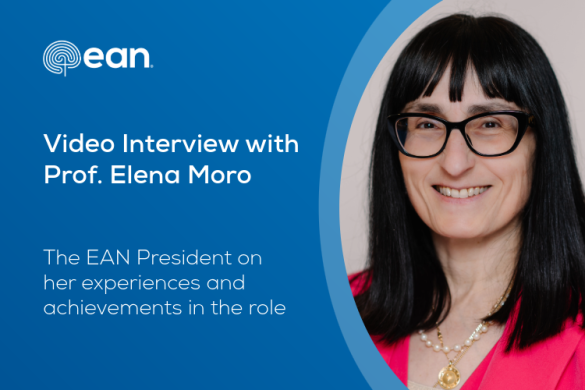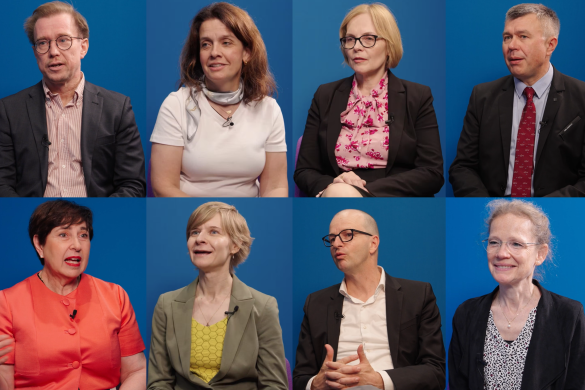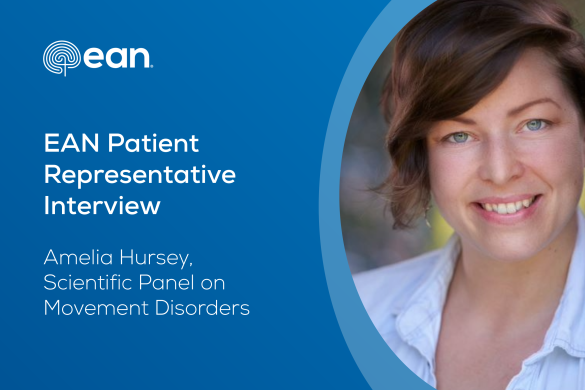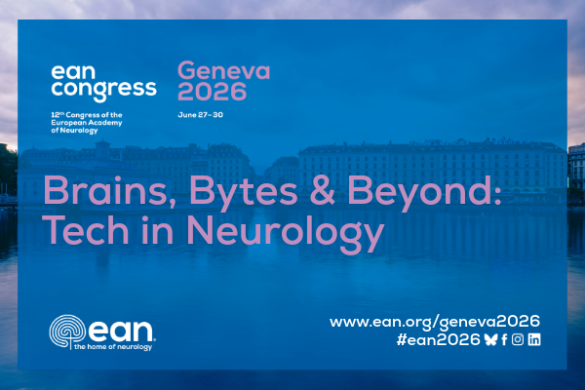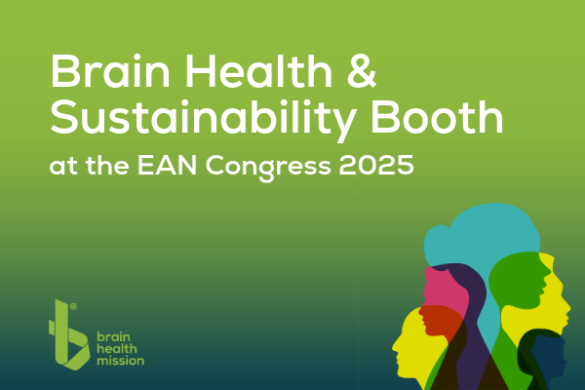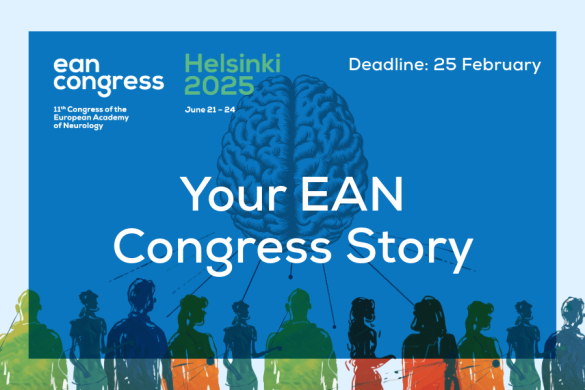by Prof. Gennarina Arabia, Member of the EAN Task Force on Gender and Diversity Issues in Neurology
1. Professor Baggio you are the President and Founder of the Italian Research Center for Gender Health and Medicine. What is the history and what are the objectives of this centre?
I thank you for the question and for the chance to explain that the Italian Research Center for Gender Health and Medicine was founded in 2009 in Padua with the collaboration of the Padua University Hospital and of Giovanni Lorenzini Foundation Milan/Houston.
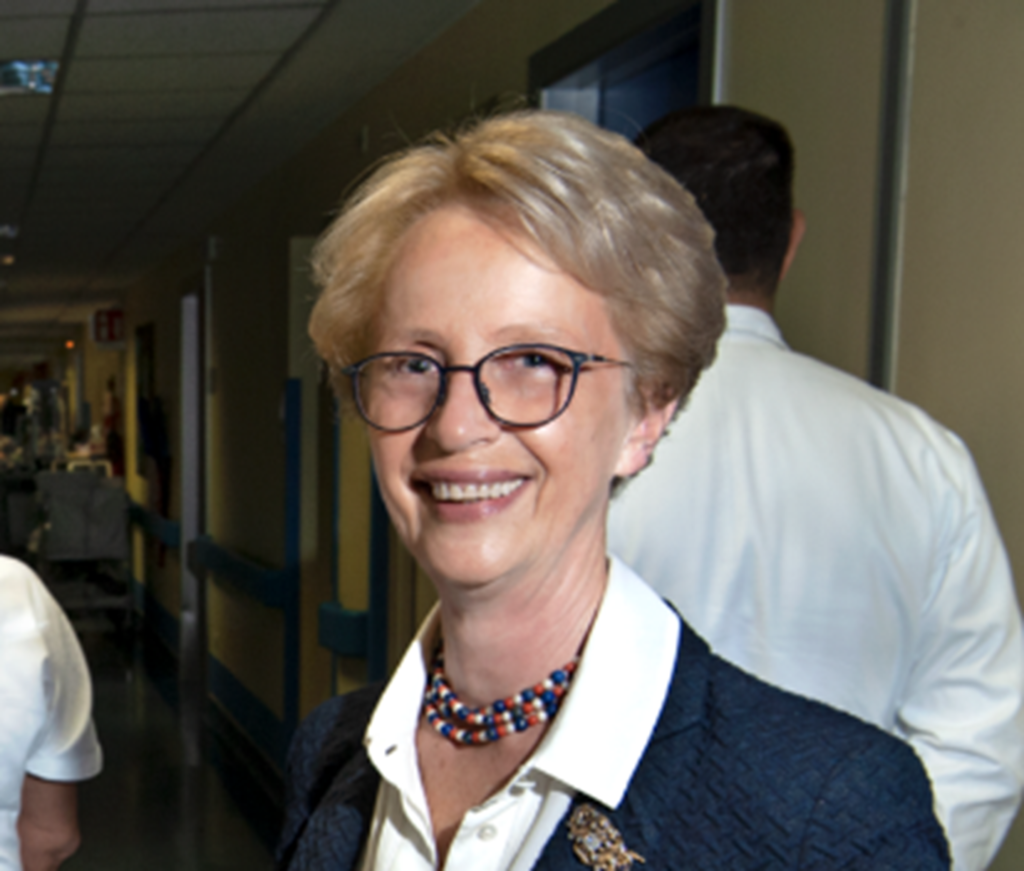
The purpose of this initiative is to raise awareness in the medical and academic world of medicine based on sex/gender differences. Indeed, gender medicine is not women’s medicine, but the difference between men and women in different aspects of diseases: pathophysiology, symptoms, clinical course, therapy, and prevention. Almost all diseases differ in the two sexes and require specific knowledge. The differences in cardiovascular diseases are well known (heart attack is the primary cause of death for women), but there are also many differences in all medical specialties; sometimes women have been studied less and sometimes men less. It is interesting today to underline that even in the face of the COVID-19 Pandemic there are many sex and gender differences.
2. You were a member of the Technical and Scientific Committee established by the Italian Government to face the COVID-19 pandemic emergency. Can you describe the impact of sex and gender on the COVID-19 pandemic? How was the scenario in Italy?
First, the experience in the government Technical and Scientific Committee was for me very important. I started during the first lockdown in spring 2020 when it was important to decide and calibrate the first reopening of schools, summer camps, means of transport, sporting events and so on. We took very prudent and courageous decisions, but for sure, the female members of the committee gave a more attentive contribution to the psychological problems of boys and girls, of adolescents, and of women in smart working, in addition to the modalities of the activities to be reopened. It was a demanding and sometimes hard job due to the intensity and number of meetings, but I gladly did it because it was a free service to Italy!
From the scientific point of view in Italy, as well as in all countries of the world where the data have been studied disaggregated by sex, it has been noted that more women were carriers of Sars-Cov-2, but more men get sick and die. The lethality of COVID-19 is greater in men. Why? There are some assumptions:
- Women have stronger immune systems
- The ACE2 receptor that binds the virus, but blocks it, is more represented in women and stimulated by oestrogens, while androgens stimulate the TRPPSS2 protein that binds the spike protein and facilitates the entry of the virus into cells
- Women are more attentive/observant of the rules.
These are first hypotheses that need to be deepened and confirmed, but which can also have a great importance in the therapy of COVID-19.
3. Our EAN Task Force looks forward to working with you and your Research Centre for Gender Health and Medicine. What would be your main suggestions for this cooperation?
I think it can be important to act together as a stimulus in various ways:
- Encourage neurologist researchers and clinicians to do research on gender differences in neurological diseases and, based on the knowledge already acquired, set up daily clinical work and teaching of students and postgraduates
- Stimulate young people (gender differences studies are not a duty only of women) to the need for knowledge of the gender differences in the main neurological pathologies
- Establish awards (scholarships, research awards, and support for participation in conferences on gender differences) for young people
- Schedule training events for doctors on neurological gender differences issues
- Organise a round table at the X International Congress on Gender Medicine to be held in Padua on 15-16 September 2022 (IGM International Gender Medicine Society)
4. In consideration of your experience in the field, what would be your key message on the impact of sex and gender differences in medicine for EAN members?
It is very important to point out that gender medicine does not exist as a separate branch. We should talk only about gender-specific medicine. Why? Because in all the specialties of medicine and in all diseases, and in the therapeutic approaches to them, there are sex and gender differences. If we talk about gender medicine, it seems that this is a separate specialty. Instead, all specialties are pervaded by these differences, and it is therefore important to talk about sex and gender-specific medicine: surgery, internal medicine, ophthalmology, surgery, organ transplants, occupational medicine, and neurology.
I would like to invite all European Neurologists to the 10th International Congress on Gender Medicine, to be held in Padua on 15-16 September, 2022.
Professor Giovannella Baggio, M.D., is specialised in Internal Medicine and in Endocrinology. In 1995 she became Full Professor of Internal Medicine and from 1995 to 1999 held the Chair of Geriatrics and Gerontology at the University of Sassari. From 1999 to 2017 she was the Director of the Internal Medicine Unit of the University Hospital of Padua and from 2013 to 2017 she had the first Chair in Italy of Gender Medicine at the University of Padua. She has been retired since 2018.
She is the Founder (2009) and President of the Italian Research Centre for Gender Health and Medicine and has organised numerous national congresses on gender medicine in Padua. In 2012, she was an elected member of the Scientific Board of the International Society for Gender Medicine (IGM). She has been Scientific Editor of the Italian Journal of Gender Specific Medicine since 2015 and has authored more than 270 publications in international and national journals and co-edited six monographs.





